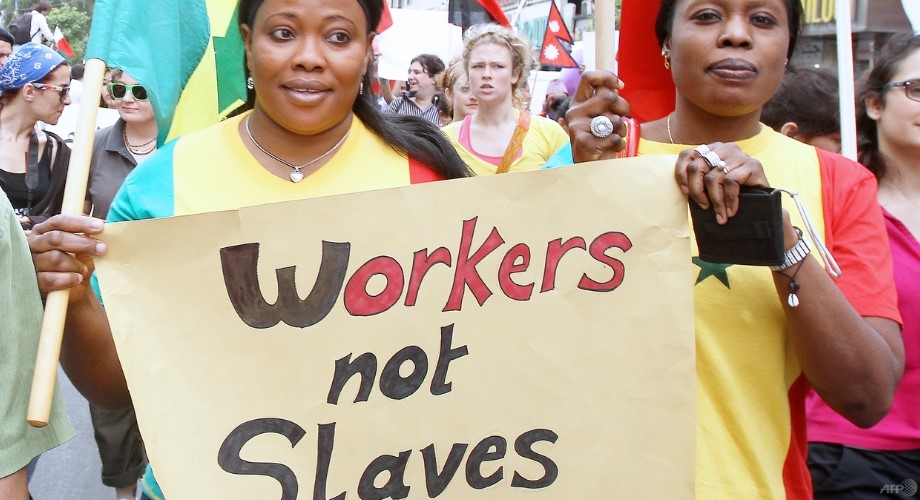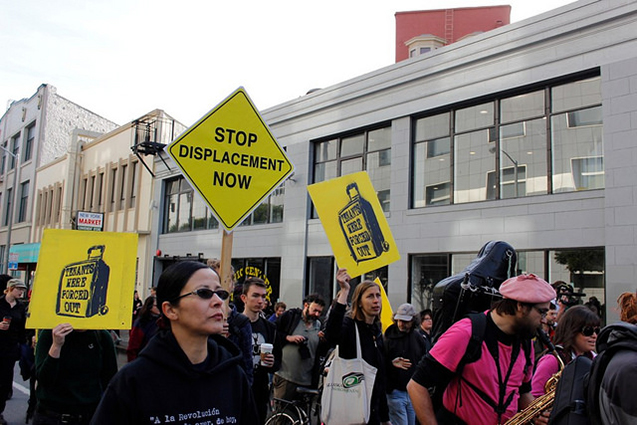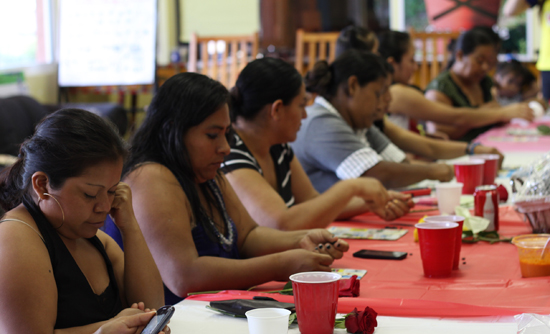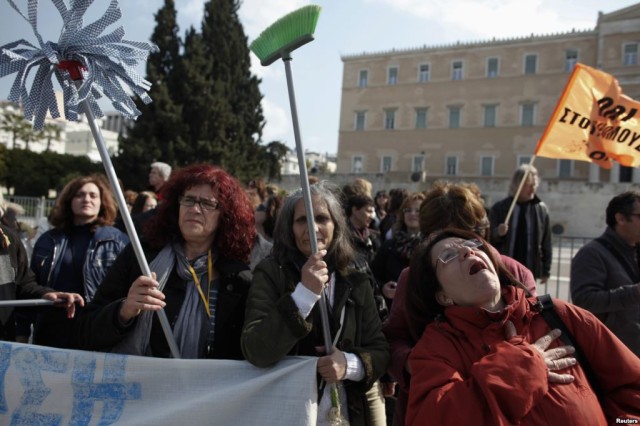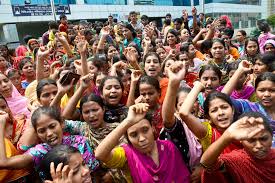At the end of July, the Supreme Court of the United Kingdom handed down its judgment in the case of H (Appellant) v Allen and another (Respondents), In their unanimous decision, the Court decided to protect and strengthen the rights of women workers, and in particular of migrant and immigrant women workers, irrespective of legal status. It’s a great decision and an important victory for women everywhere.
Lord Nicholas Wilson, Justice of the Supreme Court, explained the case and the Court decision as follows. On 28 January 2007, “Mrs. Allen” brought “Miss H”, aged around 14, into the United Kingdom on a visitor’s visa. Miss H is described as illiterate. She had lived with Mrs. Allen’s brother in Lagos. Miss H was brought into the United Kingdom under two false claims. First, her age was listed as 20. Second, she was claimed as the granddaughter of Mrs. Allen’s mother. Miss H was “aware” of the false pretense. She knew that she could only stay for six months and that she could not legally work for pay.
Miss H, illiterate and 14 years old, “entered into a contract” with Mrs. Allen to help with Mrs. Allen’s children. Miss H never received any pay, nor was she ever allowed to attend school. Further, Mrs. Allen verbally, emotionally, and physically abused Miss H, and repeatedly threatened her with prison, explaining that since she was “illegal”, if she were caught on the streets, she would go to jail. Miss H lived under these conditions for a year.
On 17 July 2008, Mrs. Allen pushed Miss H out of the house, locked the door, and that was that. Miss H was found by someone, who took her to Social Services.
Miss H sued Mrs. Allen for discrimination, since she was brutally mistreated because of her Nigerian nationality and her unlawful immigration status. The Employment Tribunal agreed with Miss H and demanded that Mrs. Allen pay compensation. Mrs. Allen appealed the case, claiming “the defense of illegality.” That is, Mrs. Allen claimed that since Miss H was working illegally, she could not sue. The Court of Appeals agreed with Mrs. Allen.
The Supreme Court unanimously reinstated the Employment Tribunal’s decision. For two of the Justices, “the defense of illegality” did not hold, and so that alone sufficed to throw the appeal out. For the remaining three, the more compelling argument was that Miss H had been trafficked. They argued that the public policy of maintaining the integrity of the legal process was secondary to the public policy of opposing trafficking and protecting the rights, if not the well being, of vulnerable people. To accept Mrs. Allen’s claim of “defense of illegality” and to refuse Miss H’s appeal would be, in the words of Justice Wilson, “an affront.”
Anti-trafficking activists and others have hailed this decision as an important step forward. The immigration status of a worker has no bearing on the labor rights of that worker, including the right to sue the employer in court. In the United States, women understand that courts matter. In South Africa, women understand as well that judges matter. And in this decision, in the United Kingdom, MH, who as a child labored in virtual slavery in someone’s house, has demonstrated that courts matter, judges matter, justice matters, women and girls matter. All women. All girls. Always.
(Video Credit: UK Supreme Court / YouTube)
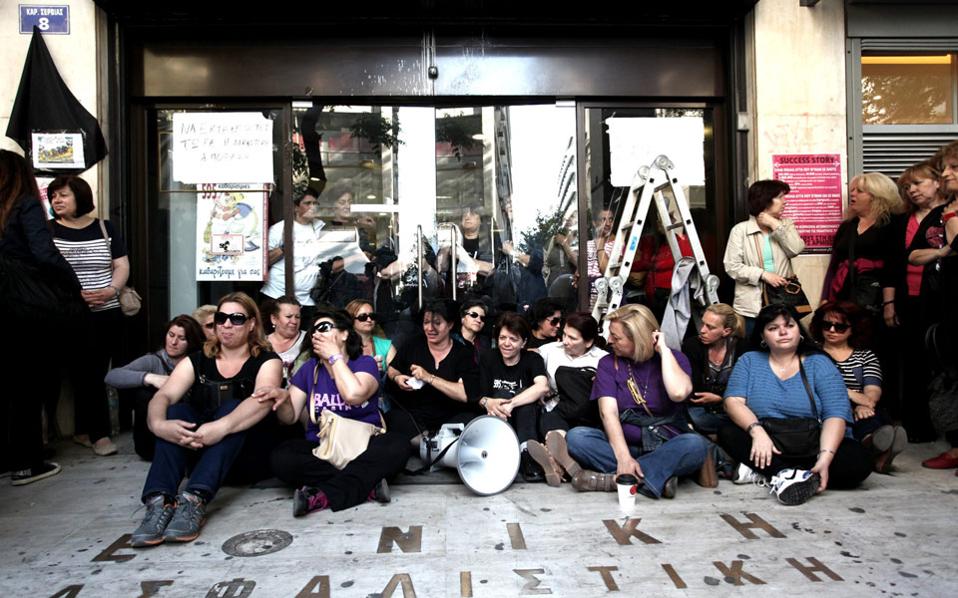 The women cleaners of the Ministry of finance in Athens
The women cleaners of the Ministry of finance in Athens